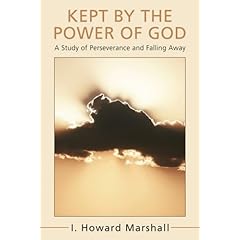New Ancient Temple Found
Ben Witherington points out the release of an important, paradigm-shifting discovery of an ancient temple complex of massive proportions in Turkey. The complex, dating from around 11,500 years ago, predates the pyramids and stonehenge by thousands of years. You can read about in Prof. Witherington's blog post above, as well as the Newsweek article. This is a fascinating discovery, and it will be interesting to see its wider ramifications, especially in the more narrow field of Biblical Archaeology, and the light it sheds on the Biblical history accounts. One quote from the Newsweek article struck me as interesting, and also points to the importance of this discovery for understanding ancient cultures:
"Schmidt's thesis is simple and bold: it was the urge to worship that brought mankind together in the very first urban conglomerations. The need to build and maintain this temple, he says, drove the builders to seek stable food sources, like grains and animals that could be domesticated, and then to settle down to guard their new way of life. The temple begat the city."
This discovery's announcement comes on the heels of another announcement from Israel relating to a structure possibly relating to the time of David and Solomon. See Darrel Bock's blog for more info on that interesting discovery. Lots going on in archaeology today!





